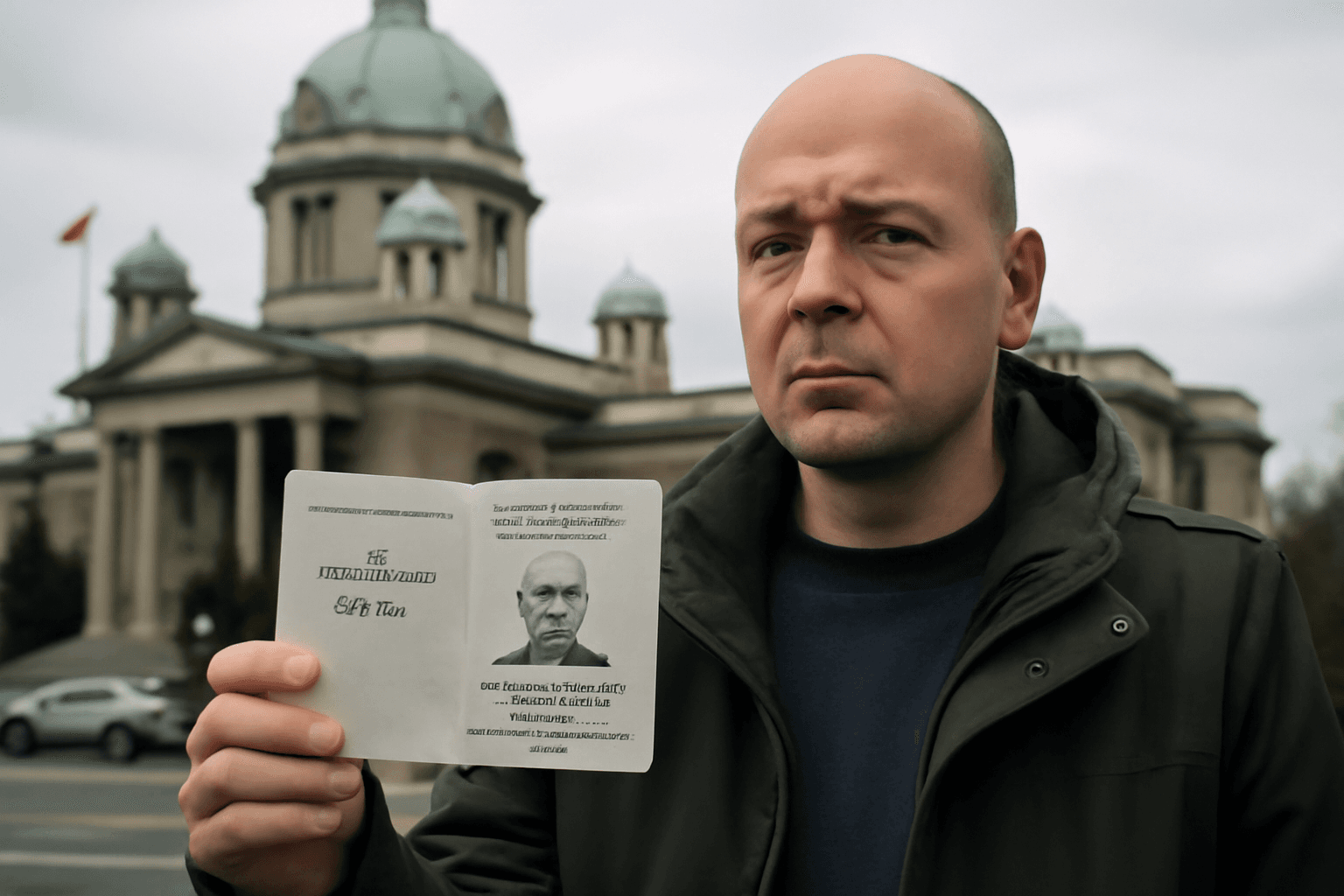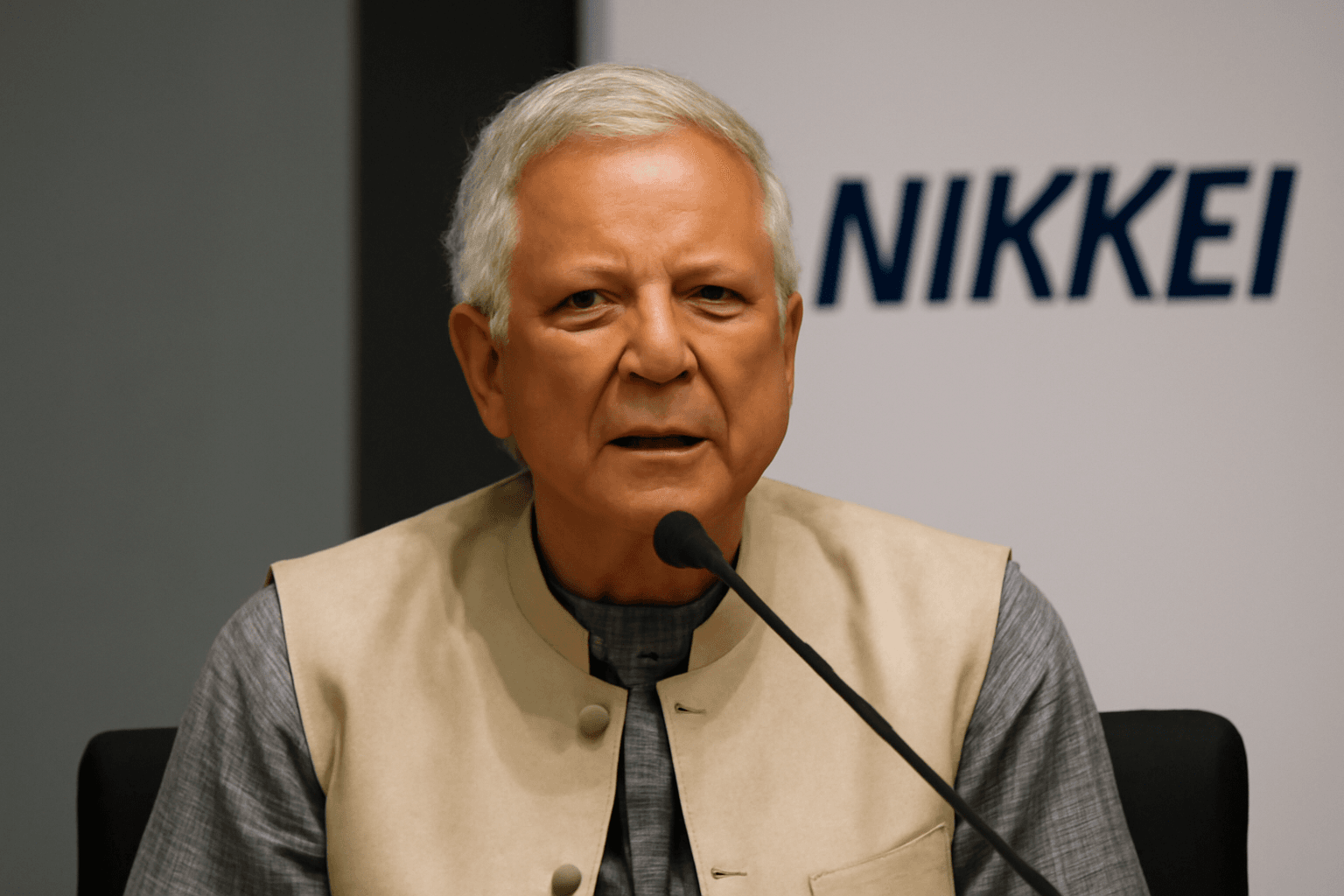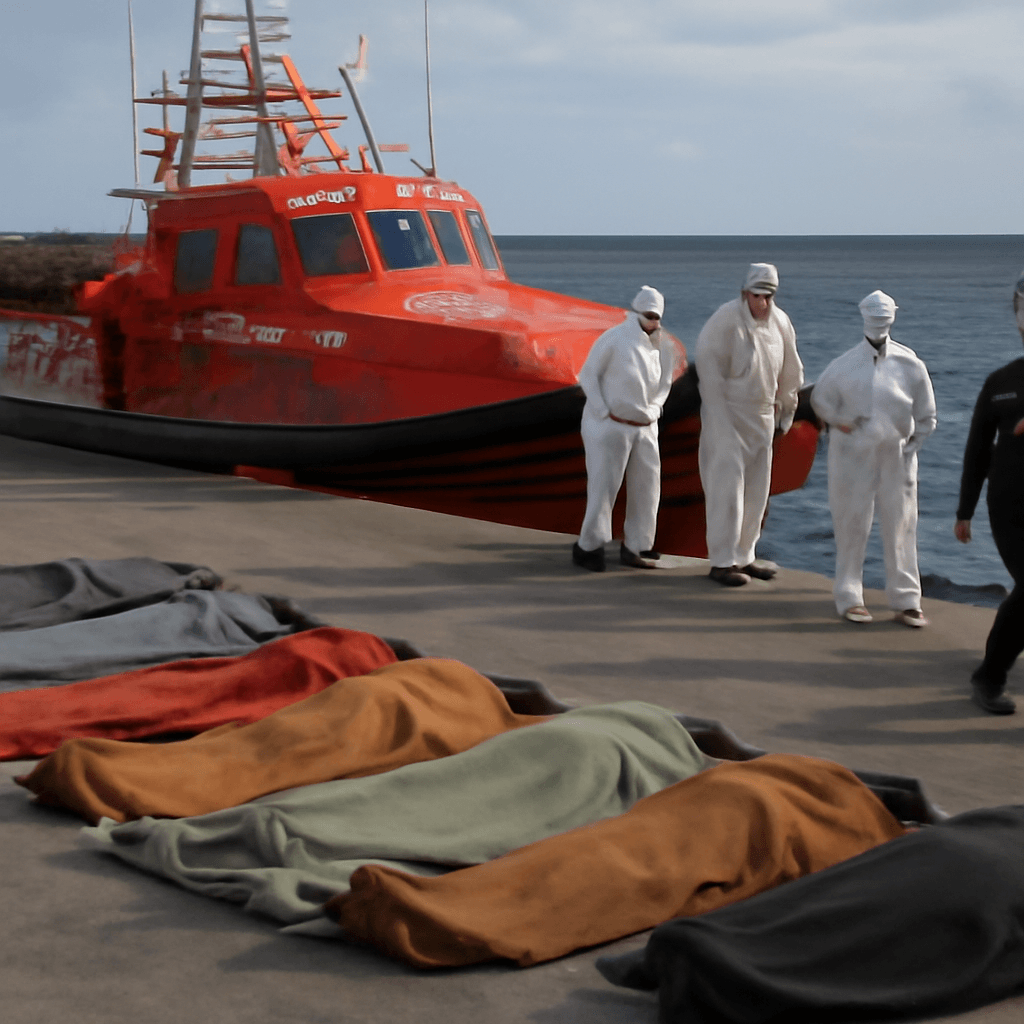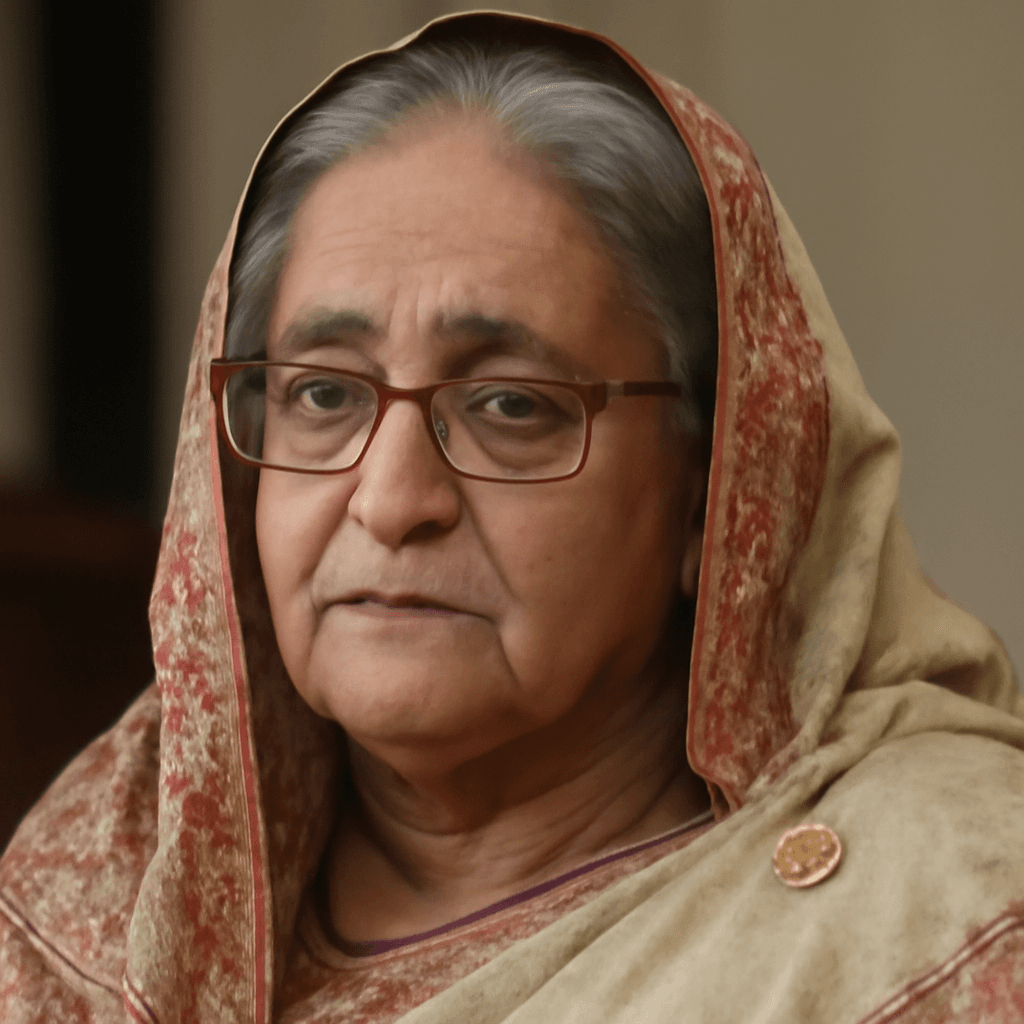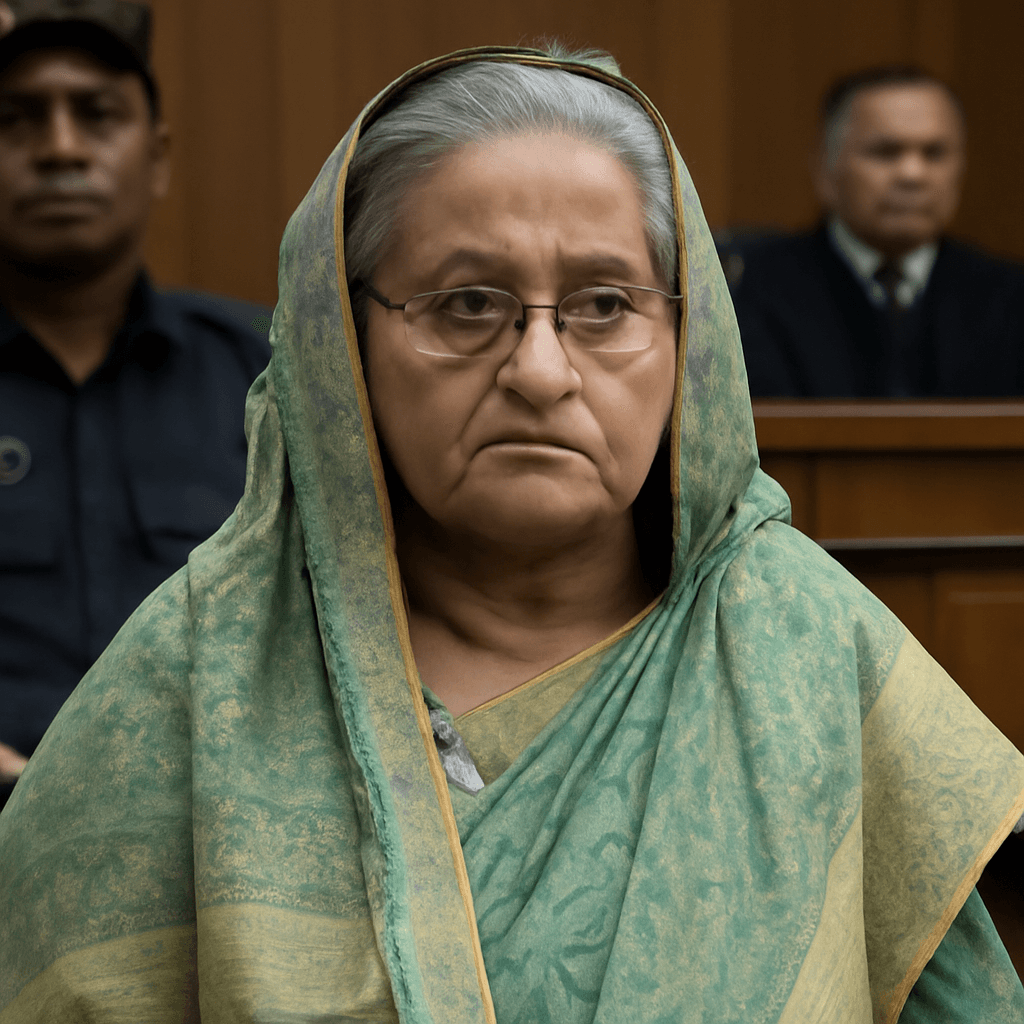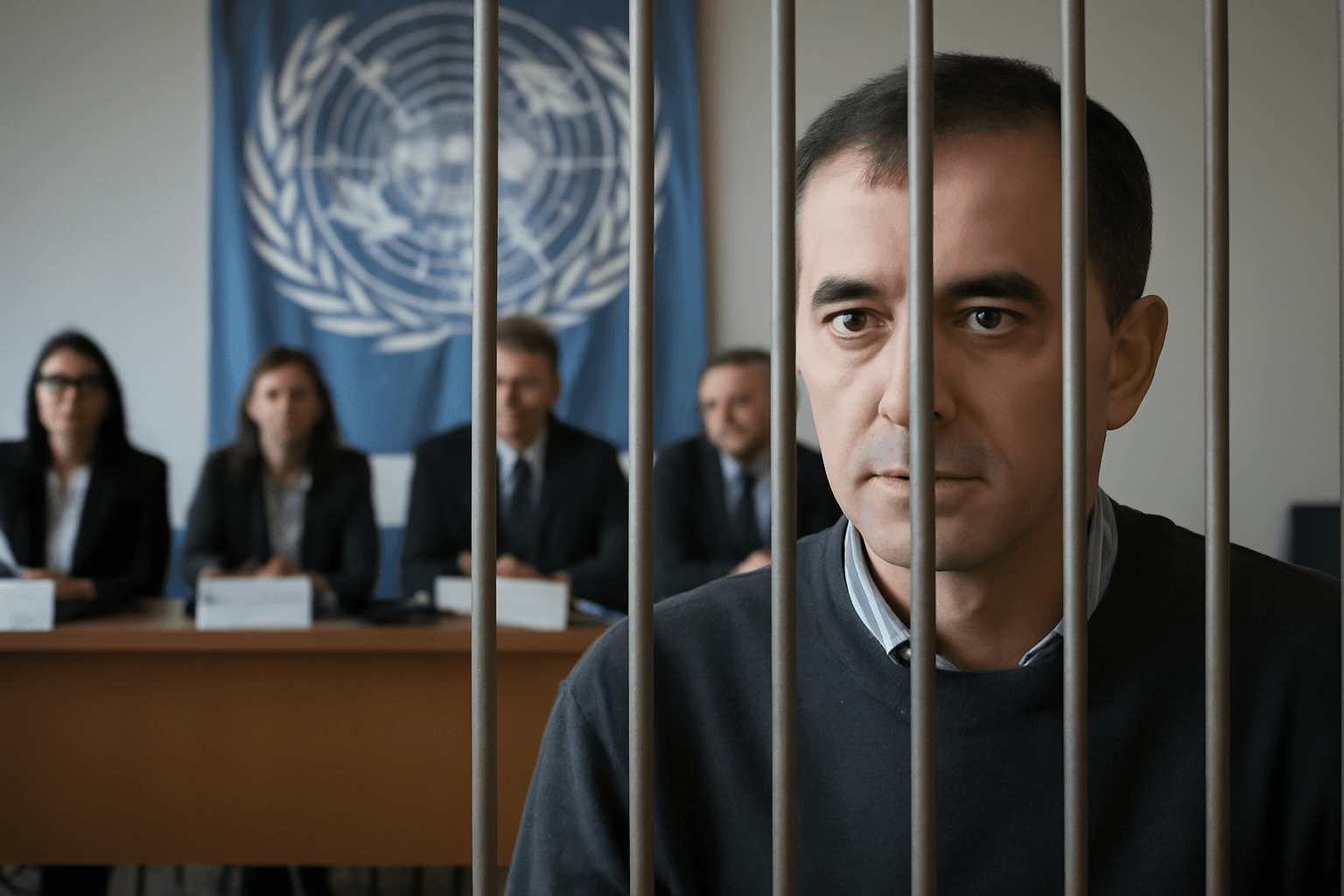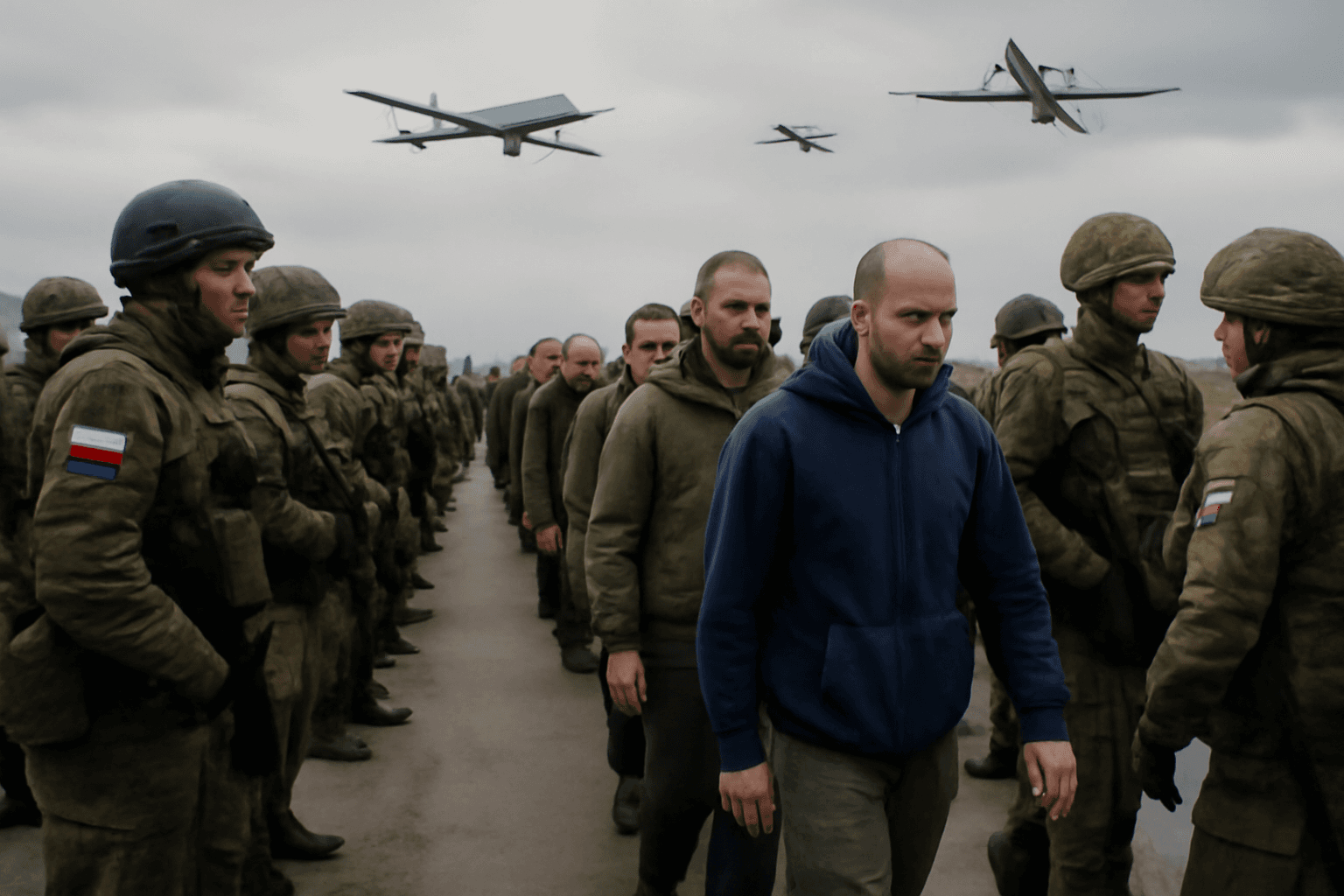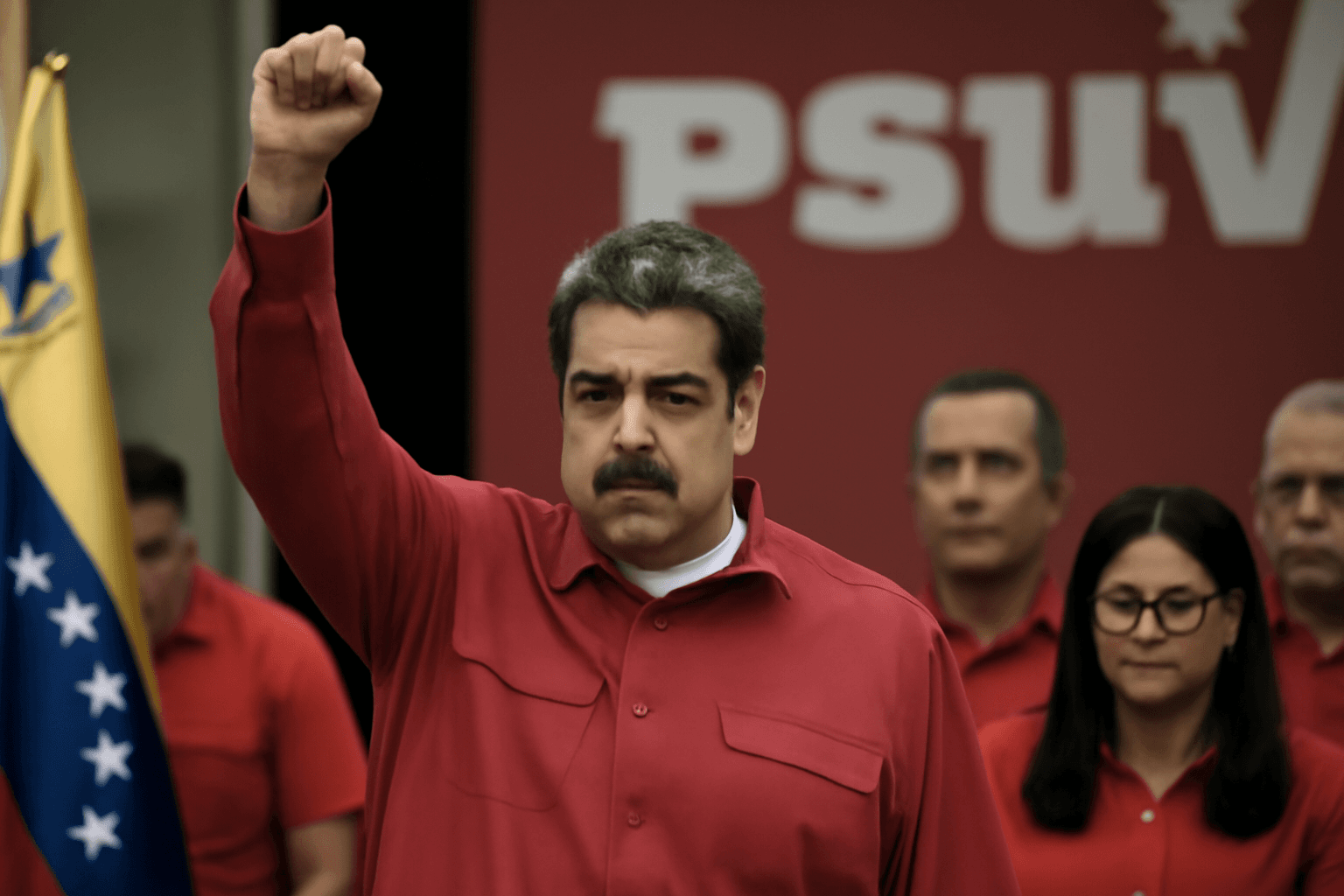In Serbia, more than 20 Russians and Belarusians who have lived in the country for over a decade now find themselves stateless after prolonged delays in processing their citizenship applications. Despite meeting all requirements, including renouncing their original nationalities as mandated by Serbian law, these individuals remain without official citizenship, effectively trapping them within Serbia’s borders.
Among those affected is Igor Grishin, a former Russian citizen and health podcaster residing in Sremski Karlovci with his family. While his wife and older daughter have acquired Serbian passports, Grishin remains stateless and unable to travel, missing important family events like his mother’s funeral in Russia.
Sergei Stets, a former Belarusian mountain bike coach in Novi Sad, shares a similar predicament. Although he and his wife have resided in Serbia for years and fulfilled all legal prerequisites, their citizenship applications are still under review. This has forced Stets to abandon his role as a national team selector and take up a delivery job to sustain his family.
All individuals interviewed emphasize they have avoided political opinions that could jeopardize their residency, and have passed thorough security checks. The Ombudsman’s Office acknowledges awareness of these cases and is reviewing complaints, but no clear resolution timeline has been provided.
Legal experts note that while additional verification processes are standard, excessive delays in granting citizenship lack justification. Rados Djurovic from the Asylum Protection Center suggests that geopolitical considerations and Serbia’s complex relationship with Russia contribute to bureaucratic inertia.
Recent attempts to amend the Citizenship Law with a goal to simplify naturalization procedures were withdrawn following objections from the European Commission. The EU expressed concerns that looser citizenship rules might enable Russian nationals to circumvent Western sanctions, given Serbian citizens’ visa-free travel access throughout the EU.
Despite Serbia’s EU candidacy, its close ties to Russia and non-alignment with Western sanctions have triggered a sharp rise in Russian migration, estimated between 80,000 and 110,000 recent arrivals. Meanwhile, reports reveal privileged Russians have obtained citizenship through exceptional channels, including individuals linked to Russia’s security services and sanctioned oligarchs, though Serbian authorities remain silent on these revelations.
This evolving situation exposes the challenges of balancing national security, international relations, and human rights for stateless residents caught between legal limbo and political complexities in Serbia.

